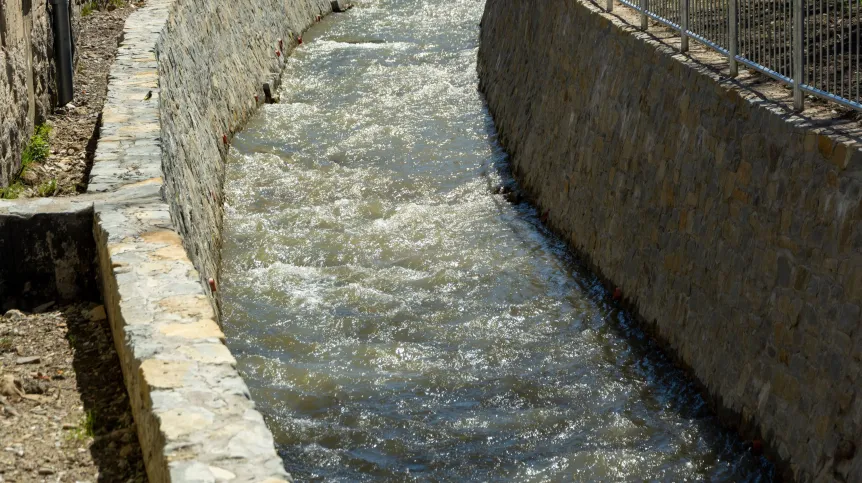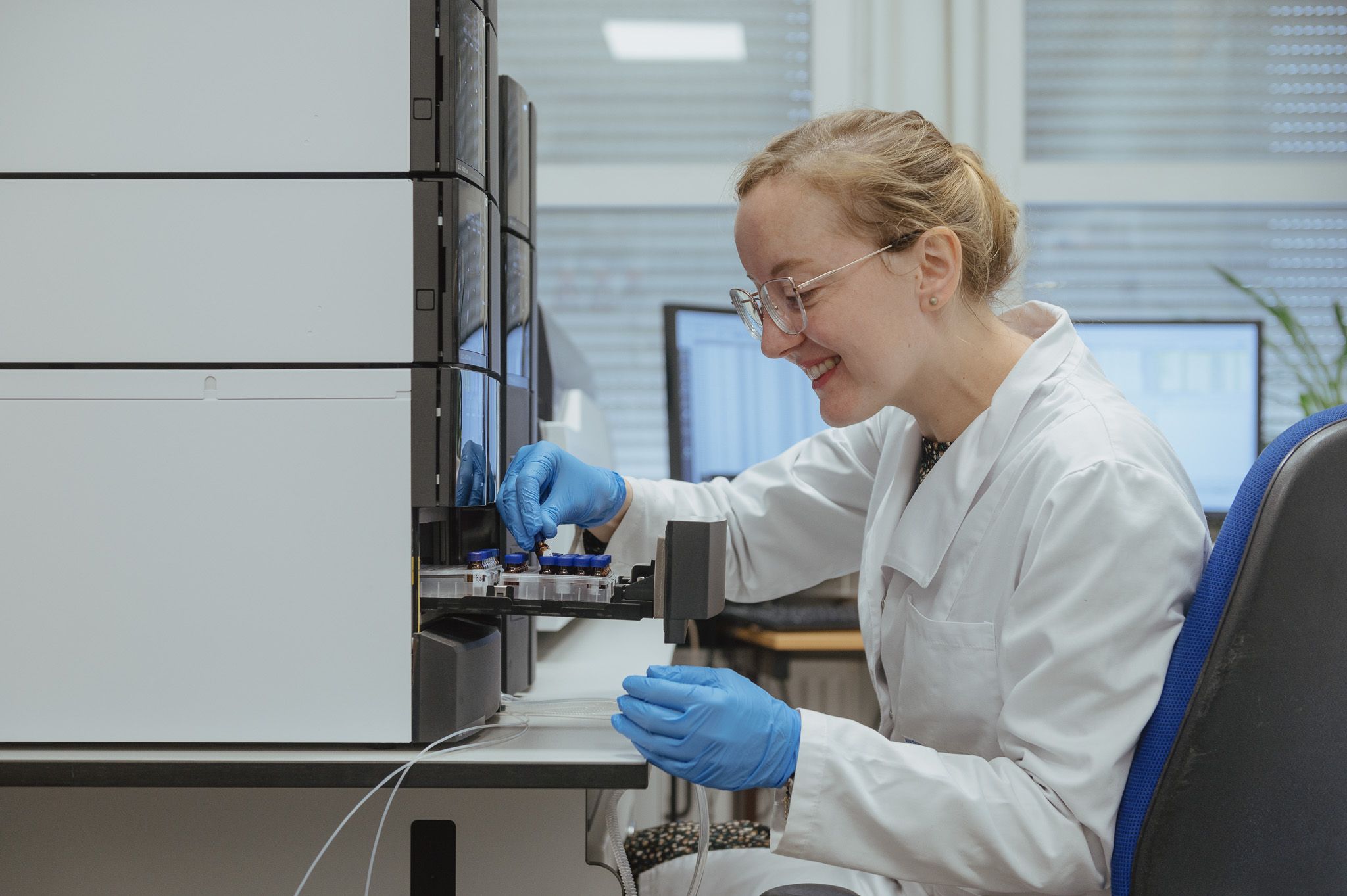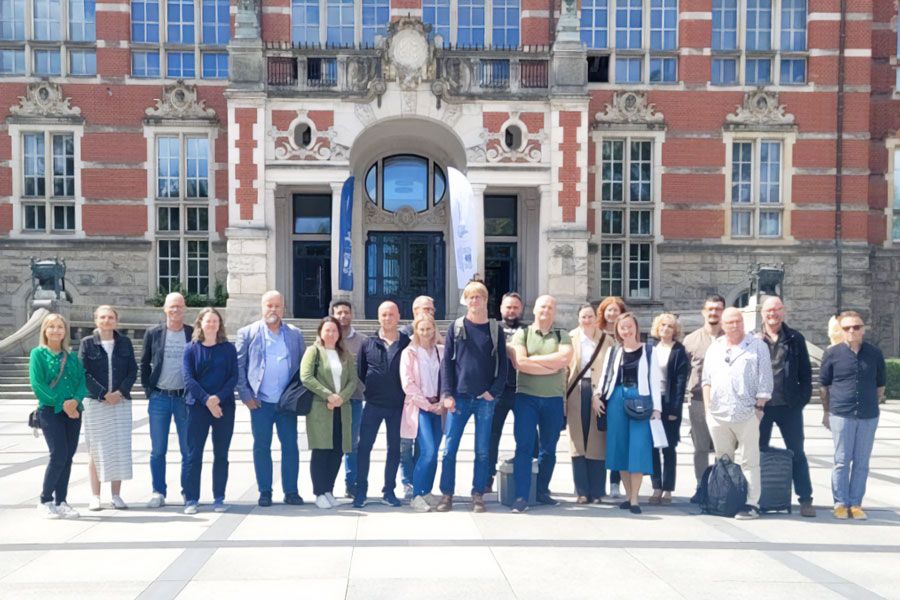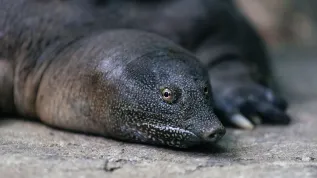
Scientists from Gdańsk University of Technology are taking part in the international LIMIT project, which aims to develop innovative technology for removing micropollutants from water and wastewater, including toxic and highly persistent 'forever chemicals'.
According to the Gdańsk University of Technology press office, a research team from Gdańsk Tech participates in the LIMIT project. The goal is to develop minimal carbon footprint solutions that will contribute to the protection of water resources, including the Baltic Sea.
As part of the project 'LIMIT - Innovative concepts for sustainable water treatment targeting PFAS and other critical micropollutants from point sources in the South Baltic Sea area and other key micropollutants from point sources as an important aspect of sustainable development of water and wastewater management in the South Baltic area', the researchers will develop innovative technologies for treatment of micropollutants in water and wastewater.
According to the university, the primary focus will be on the removal of so-called 'forever chemicals', namely poly- and perfluoroalkyl organic compounds (PFAS), commonly used since the 1950s in a wide range of industrial and consumer products, such as surfactants, cosmetics, fire-fighting foams and textiles, and food packaging.
Dr. Malgorzata Szopińska, project manager at the Gdansk University of Technology, says that due to the strong fluorine and hydrogen bond, PFAS group compounds practically do not decompose in aquatic environments. She adds that they have also been found to have negative effects on human health due to their high bioaccumulation potential, toxicity and immunosuppressive action (they lower the body's immune response). They can enter the aquatic environment with wastewater, as well as with surface runoff from industrial areas.

'Technological concepts used in research and industrial applications within the LIMIT project, are new advanced technologies that emit UV radiation, electrochemical oxidation and supercritical water properties', she says.
She adds that researchers at the Gdansk University of Technology focus on the development of technologies for removing micropollutants using electrolytic oxidation, which can lead to improving their biodegradability or complete mineralization. 'Reducing the toxicity of contaminated water is also an important aspect here. In order to minimize the carbon footprint and make efficient use of environmental resources, the project also aims at using systems based on granular activated carbon and ion exchange resins', she says.
As part of the project, the selected technologies will be tested on a full technical scale at ULTRAAQUA's prototype station in Korsør, Denmark, where rainwater from areas contaminated with PFAS compounds (a training area for firefighting units) will be treated.
Dr. Szopińska adds that this research and implementation plan enables international transfer of knowledge among all consortium members
The university says that LIMIT project activities are consistent with the circular economy idea and promote the use of green technologies in water and wastewater management and water conservation.
In June, a meeting was held between the research team and associate partners of the LIMIT project, during which the research and implementation technological concepts were discussed.

The project team also made a site visit to the wastewater treatment plant 'Debogórze' in Gdynia in order to learn about the currently implemented wastewater treatment technologies and the new facilities put into operation in 2023 (after the modernization of the sewage sludge treatment line).
The LIMIT project is conducted by international research consortium from Sweden (Lund University - project leader), Denmark, Lithuania and Poland.
The project is implemented within the framework of the Interreg South Baltic Programme 2021-2027 (European Territorial Cooperation). (PAP)
PAP - Science in Poland
pm/ bar/ kap/
tr. RL













